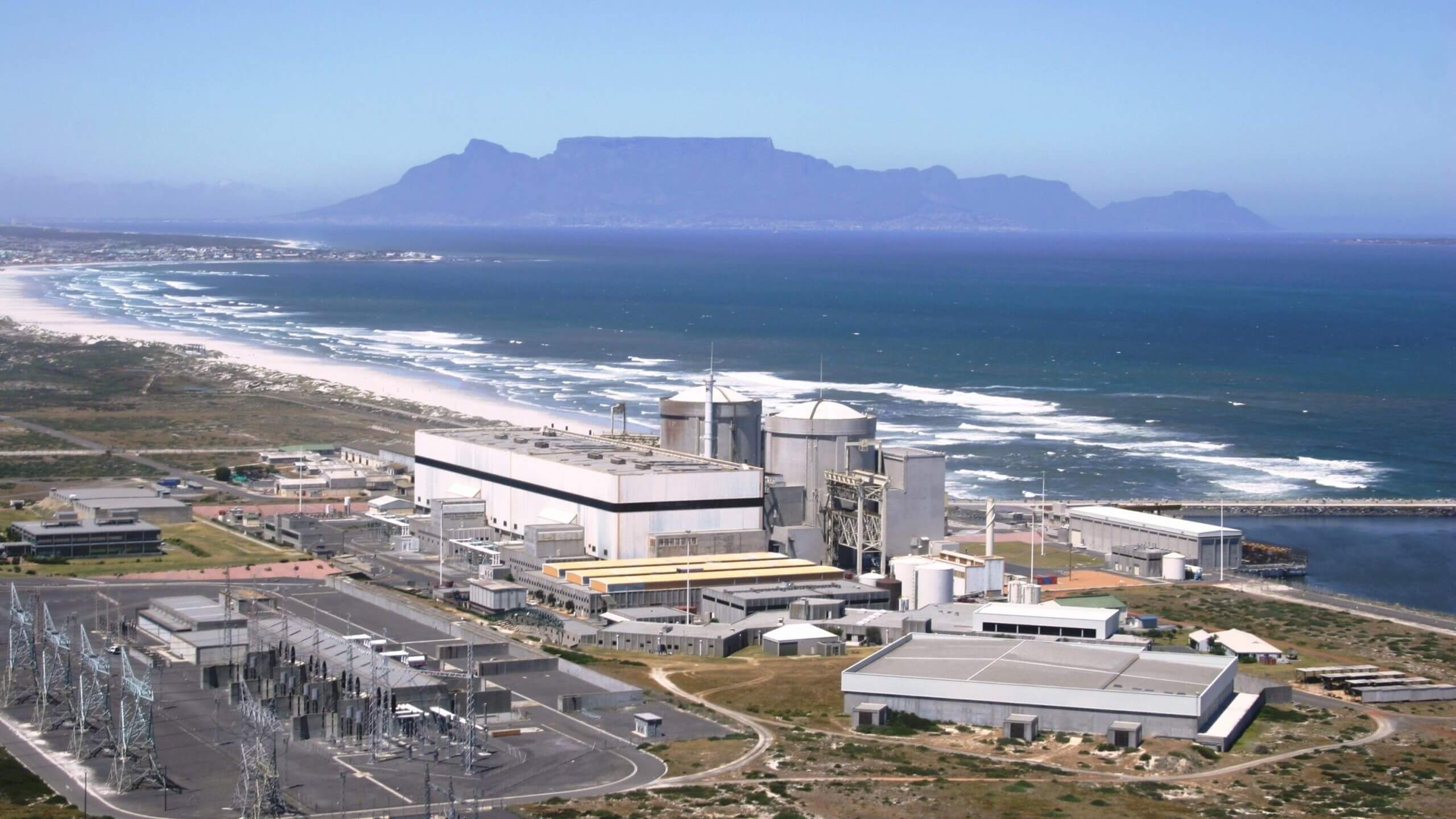UPDATED 1 Sept: The EI library in London is temporarily closed to the public, as a precautionary measure in light of the ongoing COVID-19 situation. The Knowledge Service will still be answering email queries via email , or via live chats during working hours (09:15-17:00 GMT). Our e-library is always open for members here: eLibrary , for full-text access to over 200 e-books and millions of articles. Thank you for your patience.
New Energy World™
New Energy World™ embraces the whole energy industry as it connects and converges to address the decarbonisation challenge. It covers progress being made across the industry, from the dynamics under way to reduce emissions in oil and gas, through improvements to the efficiency of energy conversion and use, to cutting-edge initiatives in renewable and low-carbon technologies.
Czech Republic selects South Korean technology for nuclear reactors
24/7/2024
News
In a surprise announcement, the Czech government has selected a South Korean consortium to build two APR1000 reactors at the ČEZ Group-operated Dukovany nuclear power plant, rather than the bid from rival French company based on its EPR1200 reactor design. It is believed to be the first time that a South Korean design would be exported to Europe.
The winning consortium is led by state company Korea Hydro & Nuclear Power Company (KHNP), partnered by Doosan Enerbility, South Korea’s sole provider of major nuclear power equipment, and South Korean fabricator Daewoo E&C. It secured the winning bid on a price per MWh basis, in addition to providing ‘more reliable guarantees of cost control, as well as the timetable of the entire project’, according to Minister of Industry and Trade Jozef Síkela.
Construction of the new reactors at Dukovany is expected to begin in 2029, with first test commissioning targeted for 2036 and commercial operation in 2038.
The Czech government is also considering the consortium for the supply of two new reactors to the country’s second nuclear power plant, Temelín, as it looks to strengthen energy independence. It also hopes the Dukovany and Temelín projects will help the Czech economy, with some 60% to be contributed domestically.
Nuclear currently meets about one third of the Czech Republic’s electricity demand, a figure the government wants to increase to 50%. The existing reactors at both sites are Russian designs.
Even without securing the Temelín option, the deal for the two Dukovany units is reported to represent the biggest nuclear reactor export for South Korea, surpassing one signed with the United Arab Emirates in 2009 for four nuclear reactors in Barakah, which are understood to have begun operations earlier this year.
KHNP is also reportedly currently undertaking a feasibility study for the construction of nuclear reactors in the Netherlands and is in discussions with the Polish government. It is also looking to bid for projects in Finland and Sweden.
Westinghouse was originally a third bidder for the Dukovany tender but was deselected from the bidding shortlist. Following the Czech government’s announcement, Westinghouse issued a statement saying it reaffirmed its view that ‘KHNP is not authorised to use Westinghouse reactor technology... without Westinghouse’s agreement’, reports World Nuclear News. It writes that Westinghouse claims KHNP failed to comply with US export control rules, which Westinghouse says require ‘authorisation from the US government before sharing technology beyond the agreed to Korea transfer’ which is at the heart of on-going legal action in the US involving the two companies.
Life of Africa’s only nuclear plant extended for further 20 years
Meanwhile, in other nuclear news, South Africa’s National Nuclear Regulator (NNR) has granted a licence to state-owned Eskom for it to continue operating the 930-MW Unit 1 of the 1,900-MW Koeberg nuclear power station for another 20 years, until July 2044. Located 27 km north of Cape Town, the plant will join approximately 120 reactors worldwide that have safely continued operations beyond their initial 40-year life.
Eskom will continue to operate the unit until January 2025, when it will be shut down for its next scheduled refuelling and maintenance outage.
The NNR is still assessing Eskom's application to extend the life of Koeberg Unit 2 by another 20 years. Unit 2’s current licence is valid until November 2025.

Operations at Unit 1 of the Koeberg nuclear power station, South Africa, can continue until 2044
Photo: Eskom
